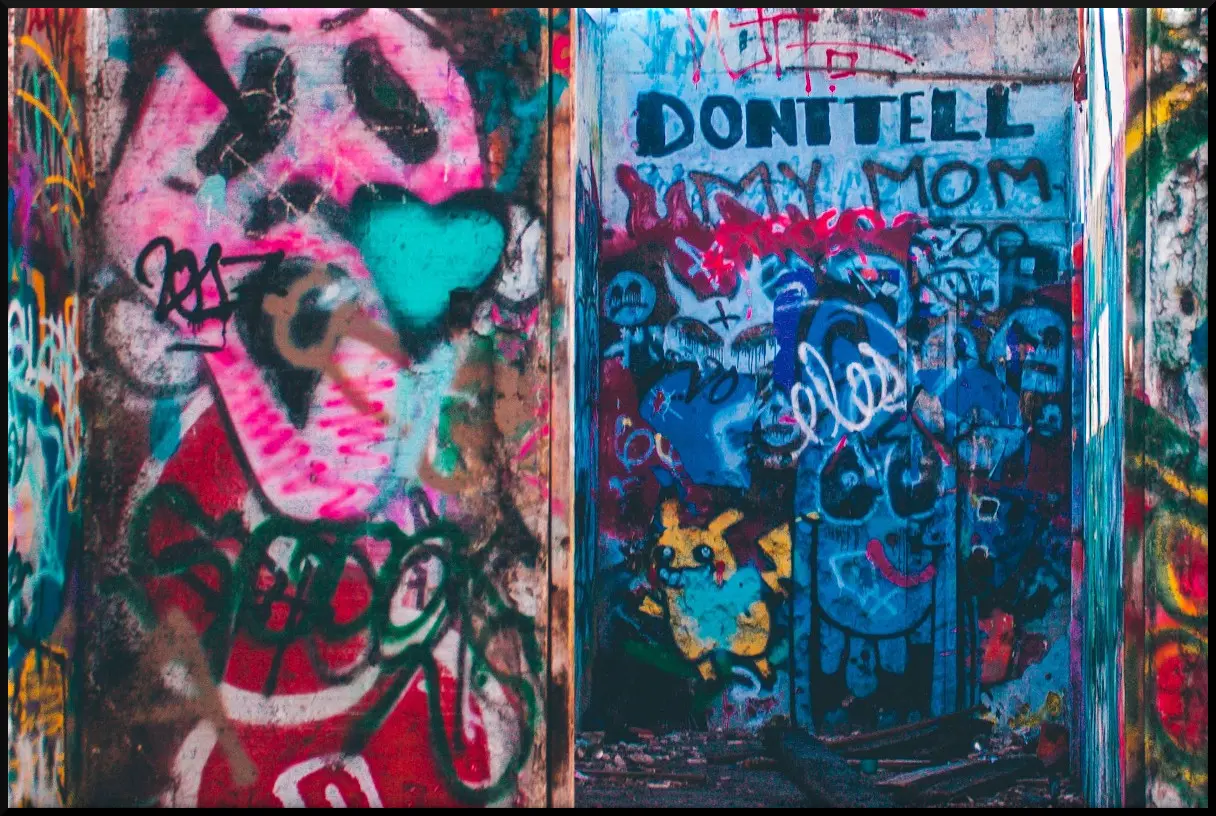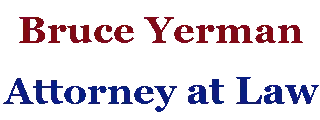
Table of Contents
Adolescent Justice
New York prosecutes children differently than adults.
If your child has been accused of a crime in Manhattan, Brooklyn, Queens, the Bronx or Staten Island, you need a juvenile crime lawyer to explain the complexities of the juvenile justice system to you.
Children Accused of Serious Crimes
I’m a juvenile crime lawyer in New York City. I have more than 27 years of experience defending teenagers.
I understand the raw emotion families face when fearing the worst after their child is accused of serious criminal charges, such as:
- Criminal mischief
- Drunk driving
- Drug crimes
- Shoplifting and theft
- Sex crimes
- Assault
- Robbery
- Weapons
Fear of the unknown creates so much anxiety. Contact me. I’m a juvenile crime lawyer. Learn how I can help you and your child.
Two Court Systems
Juveniles are prosecuted in two courts: Criminal Court and Family Court.
Family Court prosecutions occur in “juvenile delinquency” proceedings. The statutes that define these proceedings are described in Article 3 of the Family Court Act.
The proceedings in Criminal Court and Family Court differ in many ways. For example, Family Court proceedings don’t involve plea bargaining to the same extent as criminal court proceedings. For this reason, juvenile delinquency proceedings are more likely to go to trial than criminal proceedings.
Family Court trials are decided by individual judges. Criminal Court trials are usually decided by juries. At the initial Family Court appearance, the child will be either released or detained. Unlike Criminal Court, Family Court does not release children on bail. When juveniles are detained in Family Court, trials typically occur more quickly than they do in Criminal Court.
Perhaps most importantly, juvenile delinquency proceedings may not result in a criminal conviction: a child can’t be convicted in Family Court.
Criminal proceedings may result in a criminal conviction. However in some instances, Criminal Courts may replace criminal convictions with “youthful offender adjudications”, to protect youths from the burden of having criminal records.
Is Your Teen in Trouble?
Schedule a FREE CONSULTATION with Bruce Yerman, Attorney at Law
Family Court Prosecutions
If your child is prosecuted and the matter is resolved in Family Court, the proceedings can’t result in a criminal conviction. However, even if the charges do not result in a criminal conviction, your child can experience severe consequences. Under the law, a child is considered a juvenile delinquent in Family Court if:
- The child is at least 7 years old and less than 16 years old at the time of the incident
- The child committed an act that would be considered a crime if committed by an adult
- The child is not criminally responsible for such conduct due to the child’s age, or the child is the defendant in a case that has been moved from Criminal Court to Family Court
Family Court may impose a range of “dispositions” similar to the sentencing options available in criminal courts.
Family Court dispositions may include conditional discharge, probation, placement and restrictive placement.
Youthful Offenders
If your child’s case is resolved in Criminal Court, the proceedings may or may not result in a criminal conviction. A child convicted of a felony offense in Criminal Court where a youthful offender adjudication has not been entered will have a lifetime criminal record (unless the record is later sealed after 10 or more years). A child may be prosecuted in a criminal court if the youth:
- Allegedly committed a crime when he or she was at least 16 years old and less than 19
- Allegedly committed certain very serious crimes between ages 13 and 17
Every youth convicted of a crime committed when the youth was 18 or younger has the possibility of being adjudicated a youthful offender, unless:
- Convicted of a class A felony (murder in the second degree, kidnapping in the first degree, etc.)
- Previously sentenced as a felon
- Previously adjudicated a youthful offender following a felony conviction
- Previously adjudicated a juvenile delinquent in connection with certain very serious felonies
Though youthful offender adjudications are not criminal convictions, criminal courts may sentence youthful offenders to as much as four years in prison.
Free Consultation
Bruce Yerman is a juvenile crime lawyer in New York City. His office is located in Suite 1803 of 299 Broadway in Manhattan. If you’d like a free consultation to discuss criminal defense or family law, call Bruce at:
Or email Bruce a brief description of your situation:
